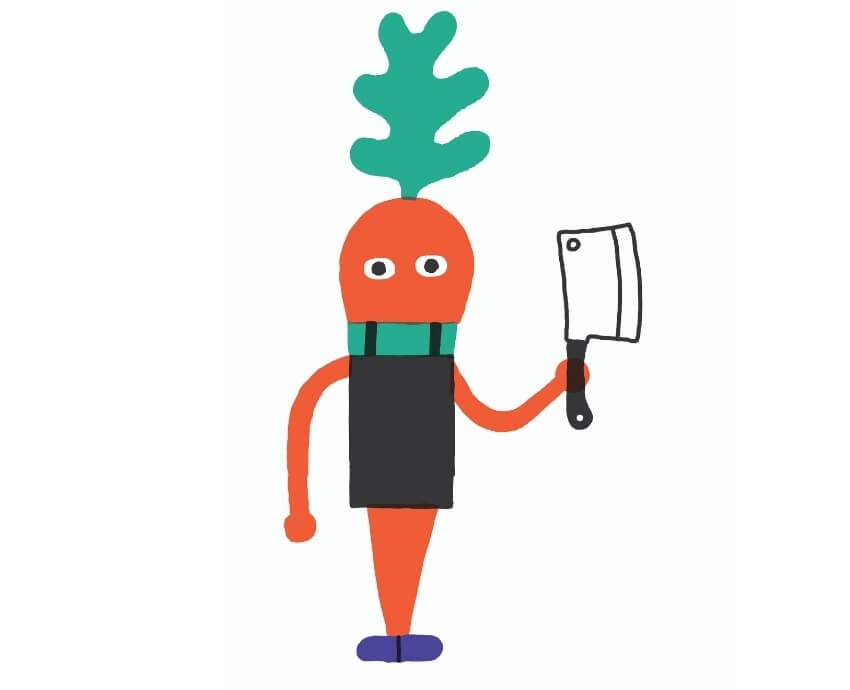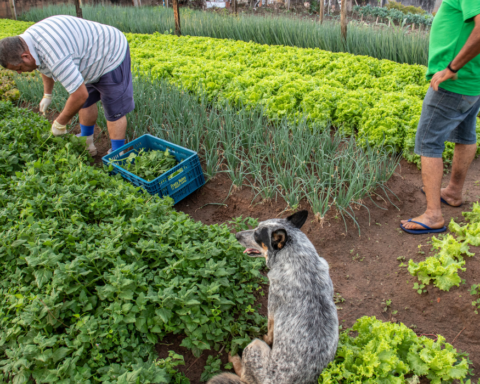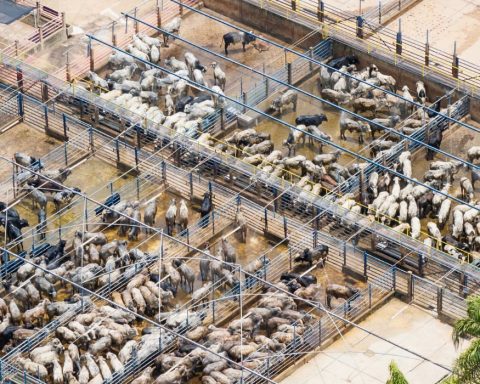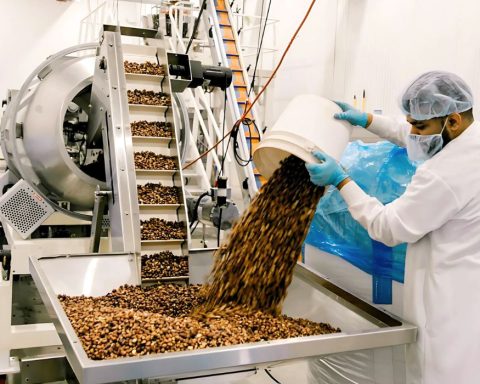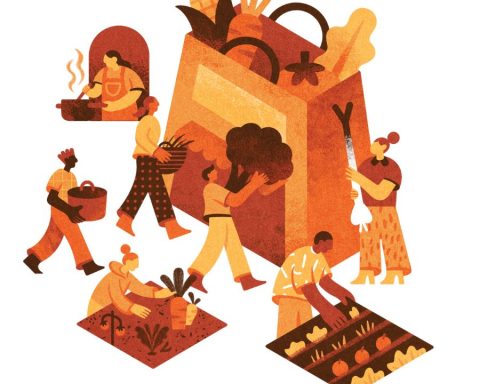An outbreak of swine flu in 1998 persuaded Dutch cattle farmer Jaap Korteweg to become a vegetarian. But he still craved the taste of meat, so he worked with chefs, scientists and producers of vegetable protein to develop plant-based foods with the flavour and texture of beef, pork and chicken – but without the cruelty of meat production or its environmental risks (the world’s cattle produce more greenhouse gases than all its automobiles).
In 2010, Korteweg opened The Vegetarian Butcher (TVB), a single storefront in the Dutch capital of The Hague, where he says the only thing being slaughtered was prejudice. Since then, his veggie bratwurst, no-chicken chunks, meatless burgers and fish-free eel pies have spread across Europe, winning numerous best-food awards. TVB even finished third in a Dutch newspaper contest to find the “Golden Meatball,” despite being the only veggie company in the competition.
But Korteweg’s biggest win came in 2018, when his fast-growing company was acquired by U.K. food giant Unilever. It’s now the key brand – in partnership with Knorr, Hellman’s mayonnaise and Ben & Jerry’s ice cream – that Unilever is counting on to lead its new push into veggie products. In November, Unilever unveiled a plan to boost its sales of plant-based foods over the next few years to €1 billion a year – a fivefold increase. It’s part of the company’s Future Foods initiative, to provide consumers with healthier foods while also reducing their environmental impact.
Hanneke Faber, president of Unilever’s foods division, said her company has “a critical role to play in helping to transform the global food system. It’s not up to us to decide for people what they want to eat, but it is up to us to make healthier and plant-based options accessible to all.”
Unilever’s optimism is well placed. Research from U.K. investment bank Barclays last year forecast that the value of the global plant-based food and drink market could soar by more than 1,000% over the next 10 years. It also found that 40% of consumers are willing to pay premiums of up to 50% for more “natural” foods.
The market for veggie vittles goes far beyond vegans and vegetarians. According to Barclays, 92% of plant-based meals in the U.K. are consumed by “flexitarians,” semi-vegetarians who eat meat on occasion.
Still, food producers have to get their act together. “Alternative meat producers have plenty to do to make their products mainstream,” Barclays noted. “This should include research and development to improve nutrition and taste while keeping prices competitive, and a marketing campaign that emphasizes the health, animal welfare and environmental benefits.” If these issues are addressed, the researchers say, “these substitutes may capture a significant share of the market from traditional meat products.”
Rick Spence is a business writer, speaker and consultant in Toronto specializing in entrepreneurship, innovation and growth. He is also a senior editor at Corporate Knights.


